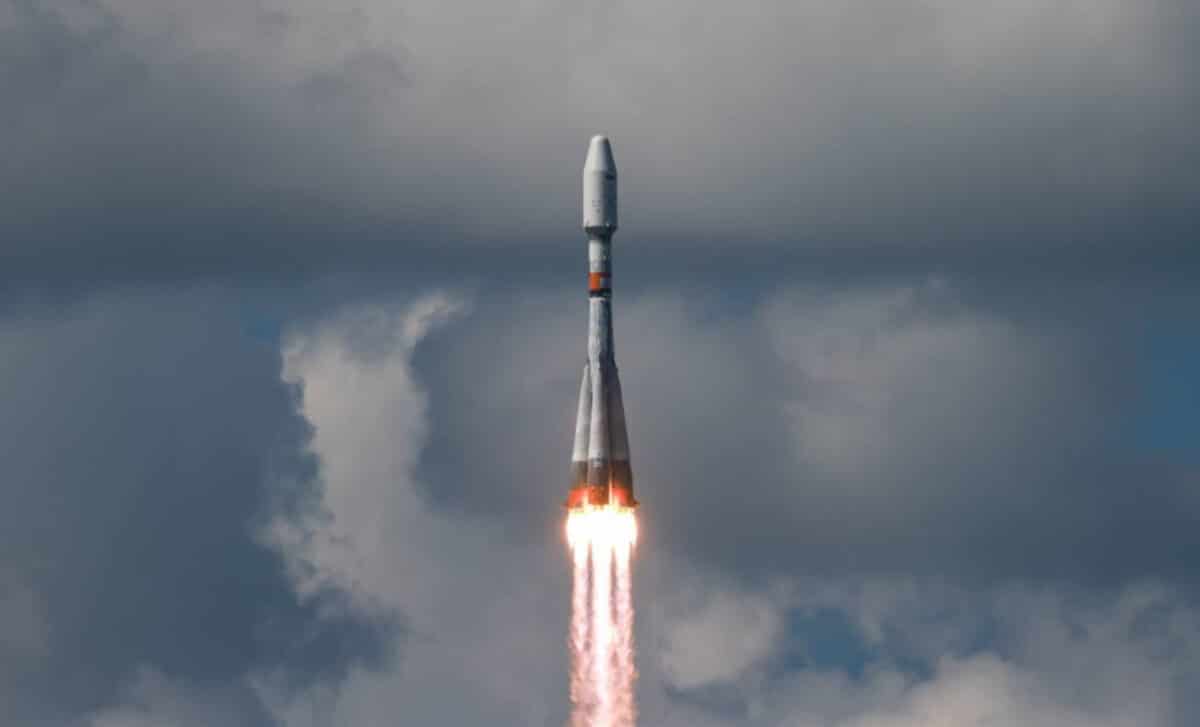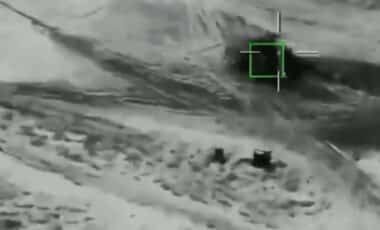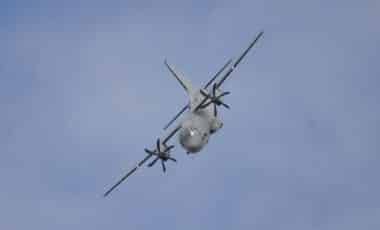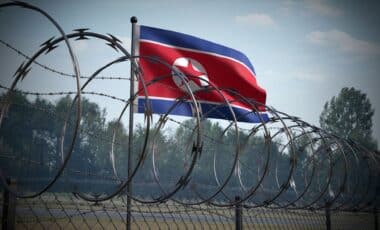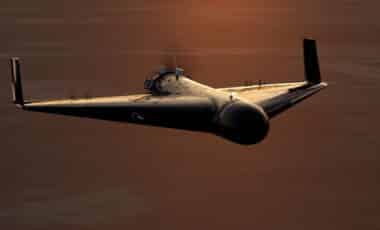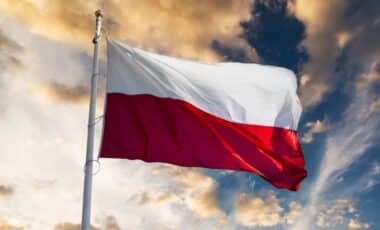On Friday, July 25, Iran successfully launched a telecommunications satellite into orbit from Russia’s Vostochny Cosmodrome, using a Russian Soyuz rocket. The event marked another milestone in the expanding space cooperation between Tehran and Moscow.
The Nahid-2 satellite, developed by Iranian experts, weighs 110 kilograms and is set to operate in Earth orbit for two years at an altitude of 500 kilometers. It was launched alongside two Russian observation satellites.
Russia Unveils New Drone System Powered by Chinese Technology
Space Cooperation Reinforces Russia-Iran Ties
The launch forms part of an ongoing program of collaboration between the two countries. As reported by Euronews, the Nahid-2 mission follows multiple satellite launches involving Iranian payloads aboard Russian rockets.
In November, Russia deployed two satellites named Kowsar and Hodhod, which were the first launched for Iran’s private sector. These followed earlier Russian launches of Iranian satellites in 2022 and 2024.
Hassan Salariyeh, head of the Iranian Space Agency, stated that the Nahid-2 satellite was developed domestically and would remain in orbit for two years, functioning at 500 kilometers above Earth. He added that it was launched using a Russian Soyuz launcher.
This activity is part of a broader Russian program to launch several satellites, including Iranian ones, emphasizing the scale and continuity of the space cooperation.
Setbacks and Future Development
Iran’s satellite program has experienced delays in the past. The earlier Nahid-1 satellite was originally planned for launch in the summer of 2018, but a technical issue just before the launch led to its cancellation. Iranian authorities have since confirmed that a Nahid-3 project is currently under development.
For more than twenty years, Iran has carried out approximately ten satellite launches. Tehran continues to assert that its aerospace efforts are peaceful and consistent with a UN Security Council resolution.
As highlighted by Euronews, concerns persist in Western capitals over the dual-use potential of the technology, which could also be applied to ballistic missile systems capable of carrying nuclear warheads.
Broader Strategic Alignment
Beyond technological cooperation, the two countries have also formalized their political ties. In January, Iran and Russia signed a treaty of “strategic partnership.” Russia has condemned recent Israeli and American strikes on Iranian targets.
President Vladimir Putin suggested Moscow might assist in mediating an agreement that would allow Iran to continue its nuclear program for peaceful purposes while addressing Israel’s security concerns.
Putin also clarified that Iran has not requested military support and that the treaty does not include provisions for such assistance. The article further notes that Russia continues to maintain a delicate balance in the Middle East, preserving relations with Israel while simultaneously deepening its economic and military cooperation with Iran.

